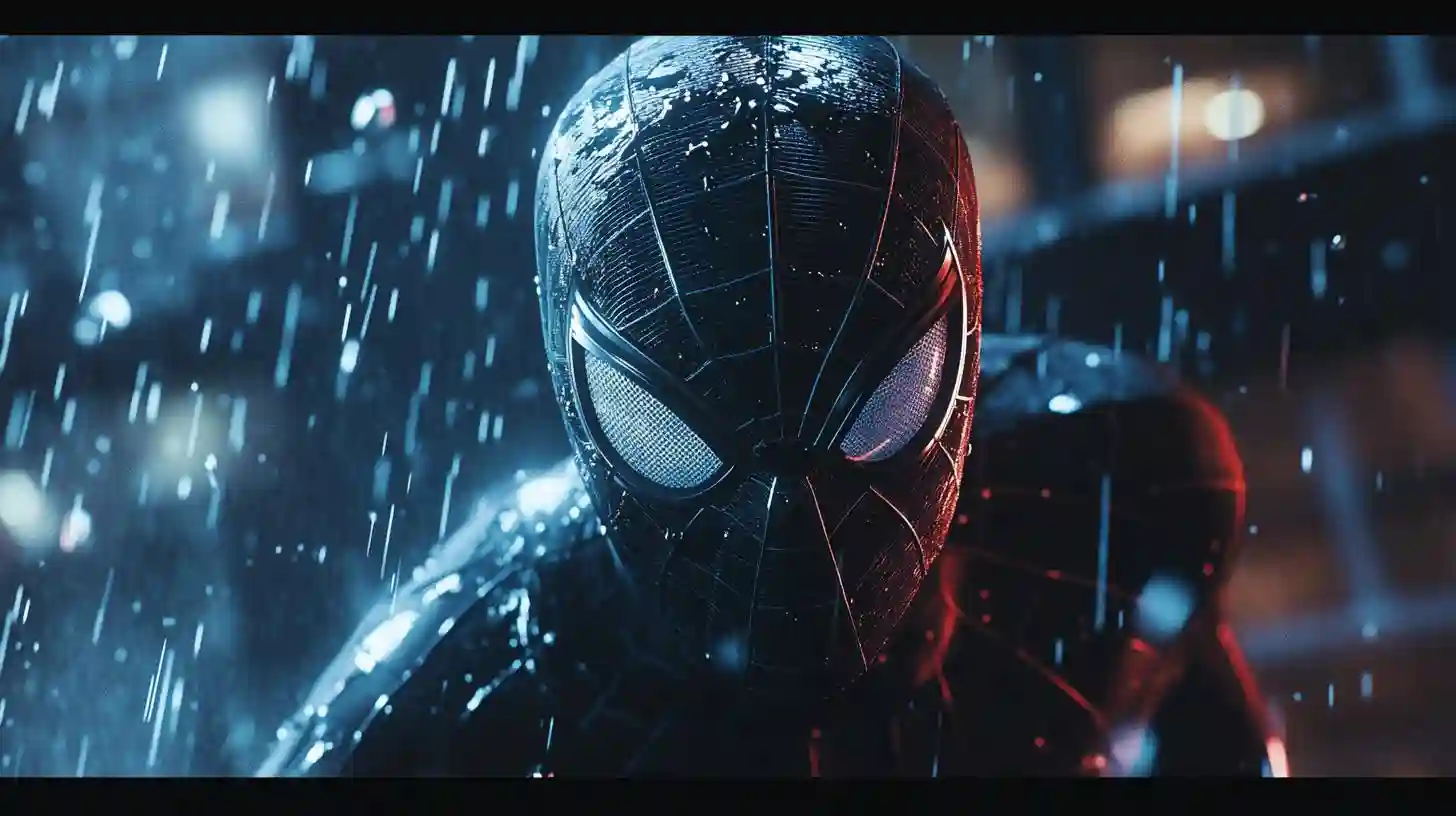
The superhero genre has undergone a tremendous transformation in recent years, evolving beyond simple tales of extraordinary beings fighting crime to explore deeper themes of strength, resilience, and the human experience. This new era is marked by characters who are not just defined by their superhuman abilities but also by their profound emotional journeys and the challenges they face in their personal lives.
At the forefront of this evolution is the representation of diverse backgrounds and experiences. Superheroes are no longer just white, male figures; they encompass a broad spectrum of identities, including different races, genders, and sexual orientations. This shift allows for a more inclusive narrative that resonates with a wider audience. Characters such as Kamala Khan, the first Muslim superhero in mainstream comics, and Miles Morales, a Black and Hispanic Spider-Man, redefine what it means to be a hero. Their stories reflect the complexities of their backgrounds while tackling issues such as cultural identity, societal expectations, and personal growth. These narratives emphasize that strength lies not only in physical abilities but also in embracing one’s heritage and overcoming societal hurdles.
Moreover, contemporary superheroes often grapple with their vulnerabilities, presenting a more complex portrayal of what it means to possess power. Traditional depictions tended to emphasize an invincible exterior, but today’s heroes are depicted as multifaceted individuals who experience doubt, fear, and moral dilemmas. Characters like Wonder Woman and Black Panther embody this complexity, demonstrating that true strength comes from understanding one’s flaws and facing them head-on. Their stories show that resilience is not merely about enduring challenges but also about growing through them and learning to adapt in an ever-changing world.
This new narrative is particularly relevant in times of social unrest and global challenges. Superheroes have begun to reflect the struggles many face in reality, including issues related to mental health, systemic injustice, and personal loss. The character of Jessica Jones, for instance, navigates her life as a survivor of trauma, exploring the intricacies of recovery and empowerment. Her journey illustrates that being a hero is not just about saving the world but also about healing oneself and advocating for others who have experienced similar struggles. This level of authenticity resonates with audiences who seek representation and relatability in the characters they admire.
Furthermore, the concept of community has become increasingly significant in superhero narratives. The idea that heroes do not fight alone but rely on teamwork and support systems underscores the importance of cooperation in overcoming adversity. Films like "Black Panther" not only spotlight individual heroism but emphasize the strength found in collective effort. The Wakandan culture exemplifies unity, showcasing how heroes flourish through collaboration and shared goals. This representation fosters a sense of belonging and highlights the importance of community resilience in the face of challenges.
The portrayal of villains has also evolved in this era. Rather than being one-dimensional antagonists, modern villains often have backstories that reveal their motivations and struggles. Understanding their pain humanizes these characters, inviting audiences to reflect on the complexities of morality. Villains like Killmonger from "Black Panther" are shaped by the injustices they’ve faced, prompting viewers to consider the impact of systemic oppression and the gray areas of good and evil. This nuanced approach deepens the storytelling and encourages a dialogue about the consequences of societal issues, making the narratives all the more engaging and impactful.
As we continue to witness this evolution in superhero storytelling, it is apparent that the narratives are moving towards a greater appreciation of emotional resilience. Heroes are depicted as individuals who draw strength from their experiences, overcoming obstacles that reflect real-world challenges. Creative works emphasize that the journey toward becoming a hero often involves personal struggle, vulnerability, and a desire for justice, echoing the human experience.
The future of superheroes is undeniably bright, promising a more nuanced, profound exploration of what it means to be powerful. By embracing themes of diversity, vulnerability, community, and moral complexity, this new era of superheroes offers a richer tapestry of storytelling that speaks to audiences on multiple levels. As these characters continue to adapt to the cultural zeitgeist, they serve as reflections of both our aspirations and our realities, inviting us all to discover the unseen strength and resilience within ourselves.